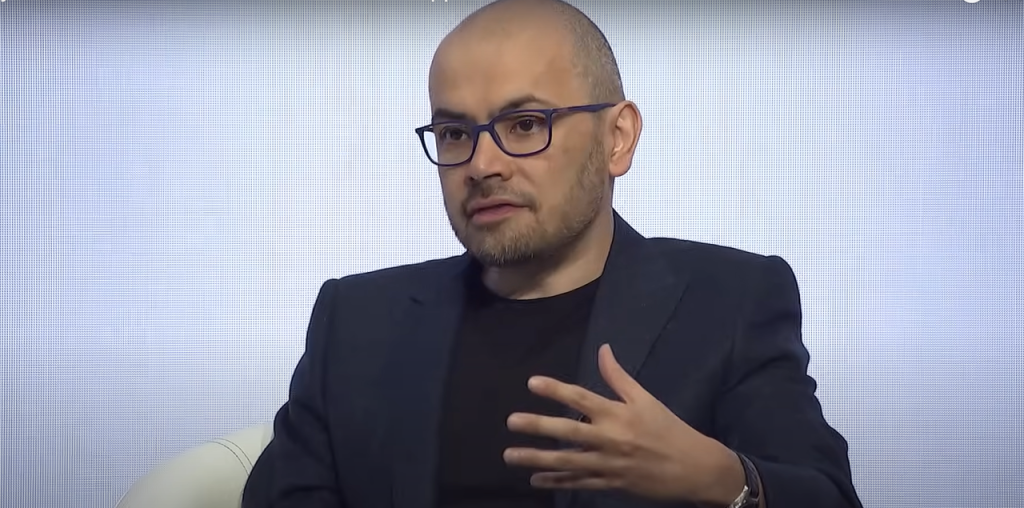Video link: Tony Blair and Demis Hassabis Discuss the Opportunities of AI
Introduction
In a comprehensive discussion, Demis Hassabis reflects on the company 15 years ago. He talks about the profound potential of artificial intelligence (AI). He emphasizes AI’s capacity to accelerate scientific discovery, enhance healthcare, and transform productivity.

Summary
DeepMind’s journey began with the convergence of computing trends and neuroscience ideas, paving the way for AI systems that learn from experience. Hassabis highlights AI’s potential to be as transformative as the Industrial Revolution, with broad applications across society and the economy.
Key Features of AI
- DeepMind’s Genesis: DeepMind was founded on the premise of leveraging AI’s self-learning capabilities, inspired by neuroscience.
- AI’s Societal Impact: AI is compared to historical innovations like electricity and holds the potential to significantly transform productivity and scientific discovery.
- Healthcare Advancements: AI, particularly through applications like AlphaFold, can accelerate drug discovery and contribute to personalized and preventative healthcare.
- Government Involvement: There is a need for governments to understand and invest in AI to improve public services and stay competitive.
Q&A Session 1
Q: How did DeepMind start, and what were the initial trends you identified?
A: DeepMind started by observing trends in computing and neuroscience. We saw the potential of AI systems that learn from data and experience, which led us to establish DeepMind with the aim of making rapid progress in the field.
Q: How does AI‘s impact compare to historical innovations?
A: AI’s potential is as transformative as the Industrial Revolution, with the ability to revolutionize various aspects of society and the economy, much like electricity or even fire.
Q: Can you elaborate on AI‘s role in scientific breakthroughs?
A: AI, exemplified by AlphaFold’s success in protein folding, can accelerate scientific discovery across various fields, including drug development, material science, and energy.
Q: How can AI be applied to public services and healthcare?
A: AI can improve drug discovery, and patient care, and create digital assistance for healthcare professionals, while also enabling personalized medicine and preventative healthcare.
Q: What is the government’s role in the future of AI?
A: Governments need to understand AI’s potential and invest in its development. They should also consider fine-tuning existing AI models for specific applications to improve public services.
Q&A Session 2
Q: What is the UK’s position in the global AI landscape?
A: The UK has strengths in AI, with a heritage in computing and a strong ecosystem of talent and research. The UK is well-positioned to lead and collaborate internationally in AI development.
Q: How should governments approach AI‘s future?
A: Governments should allocate resources to AI development and engage in international dialogue to navigate the opportunities and challenges presented by AI.
Conclusion
Demis Hassabis’s insights underscore the transformative potential of AI. As AI continues to evolve, it presents significant opportunities for enhancing public services. It accelerates scientific discovery and improves healthcare. The UK will play a leading role in shaping the future of AI.
